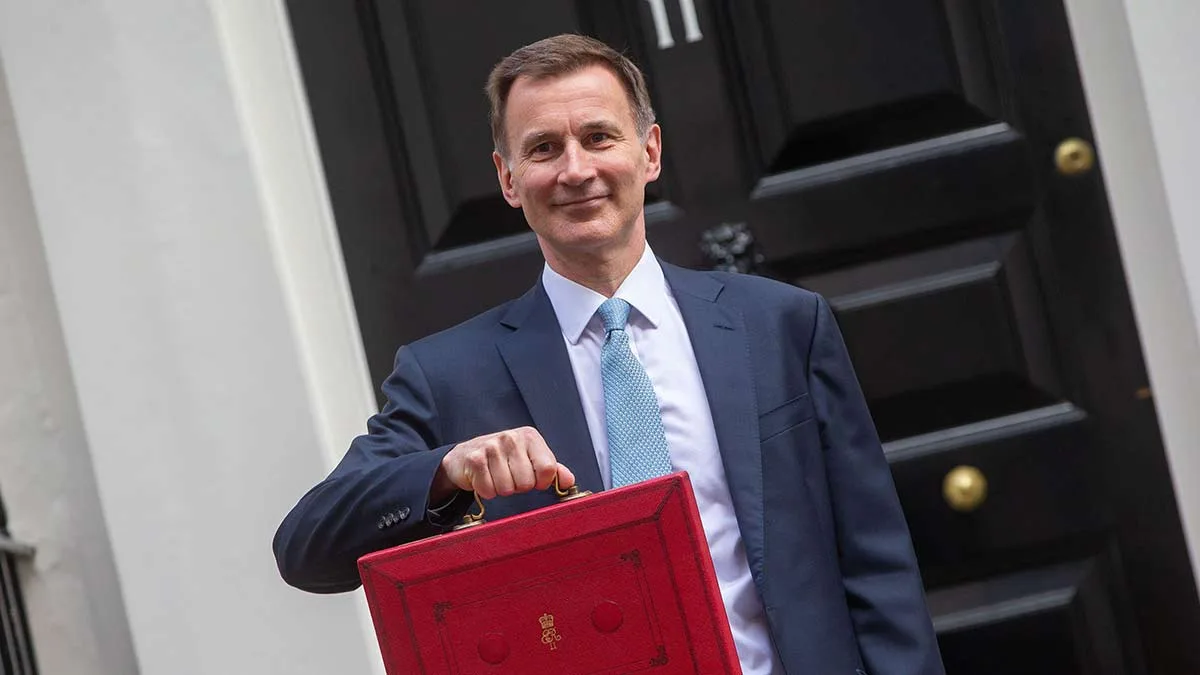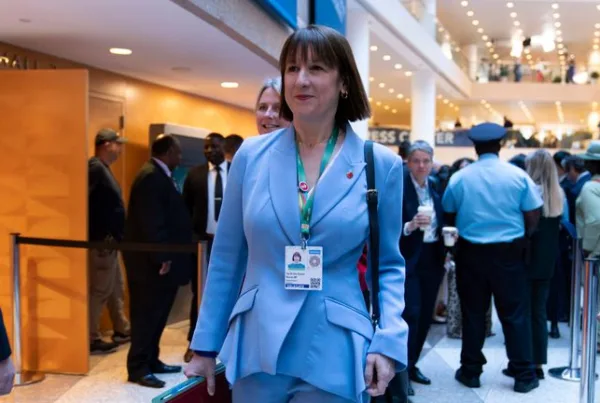This years Spring Budget has brought forward announcements that underscore the ongoing support for the Capital Allowances regime, notably through the decision to extend ‘full expensing’ to plant and machinery lessors. Although there were adjustments to the Furnished Holiday Lettings tax regime, which could influence how property owners can claim Capital Allowances, these changes present an interesting development in the broader context of fiscal policy and business investment incentives in the UK.
This follows Jeremy Hunt’s statement that Capital Allowances, the UK’s most expensive tax cut, continue to make it ‘cheaper for businesses to invest’. It’s reassuring to see that, across the house, both parties continue to support the regime and believe that Capital Allowances are still underutilised by the majority of UK businesses and commercial property owners.
Expanding Full Expensing to Leasehold
‘Full Expensing‘, which evolved into a more permanent version of the 130% Super Deduction, provides businesses with the ability to deduct the full cost of qualifying plant and machinery from their taxable profits in the year of purchase, significantly accelerating the tax relief they could receive. The latest budget announcement aims to extend this benefit to lessors, a move anticipated to level the playing field across the various financing options available for business investments.
Although the exact timeline for this extension remains unclear, the government has committed to publishing draft legislation ‘within weeks’ and intends to implement the measure ‘when fiscal conditions allow’.
This development is expected to be warmly received by the commercial leasing community, offering a boost to business investment financing options.
Adjusting to Changes: The Future of Furnished Holiday Lets
In a move reflecting ongoing evaluations of tax incentives and their impact on investment, the Spring Budget also saw the announcement of the abolition of the Furnished Holiday Lettings tax regime effective from April 2025.
This longstanding provision, which has supported the short-let holiday rental market since its inception, is undergoing significant alterations aimed at “leveling up” the disparities between residential and short-let holiday properties. This change, although not directly a modification to the Capital Allowances regime, is poised to influence how Capital Allowances are claimed, marking a pivotal moment for holiday let owners.
This regime, in place since 1984, allowed investors to claim Capital Allowances on plant and machinery within short-term accommodation, a provision that may no longer be available. Additionally, the introduction of a new type of unauthorised investment fund, the ‘Reserved Investor Fund’, following consultation, indicates a forward-looking approach to investment fund regulation.
This fund will have the option to adopt a simplified set of Capital Allowances rules borrowed from the Co-Ownership Authorised Contractual Schemes (CoACS) regime, potentially streamlining investment processes and incentives for holiday let owners in the future.
The precise timeline and function of these implementations has not been specified; however, the government has pledged to release further information in the coming weeks.
Implications and Future Outlook
The Spring Budget 2024’s adjustments to the Capital Allowances landscape signal a robust government effort to stimulate business investment and economic growth across the UK. By extending the ‘full expensing’ regime to lessors and reinforcing the commitment to investment-friendly zones, the government is laying down a foundation for sustainable investment and innovation. The abolition of the Furnished Holiday Lettings tax regime and the introduction of the Reserved Investor Fund demonstrate a willingness to adapt tax policies in response to evolving economic conditions and investment patterns.
As these measures are implemented and their impacts become clearer, it will be crucial for investors, lessors, and businesses across sectors to stay informed and adapt their strategies accordingly. The evolving tax relief and investment incentive landscape presents both opportunities and challenges, underscoring the importance of strategic planning and consultation with tax professionals.
With a general election expected shortly, policies targeted at voters were to be expected. The policy decisions announced reflect costings and savings for fiscal years from now until 2028-29. If there is a change in government following the election, then some of the Spring Budget announcements may be short-lived. So, we at HMA Tax await eagerly for more information, which we’ll cover in a subsequent analysis.
For detailed advice on adapting to these changes and optimising your tax and investment strategy in light of the Spring Budget 2024, reach out to our team at HMA Tax.




